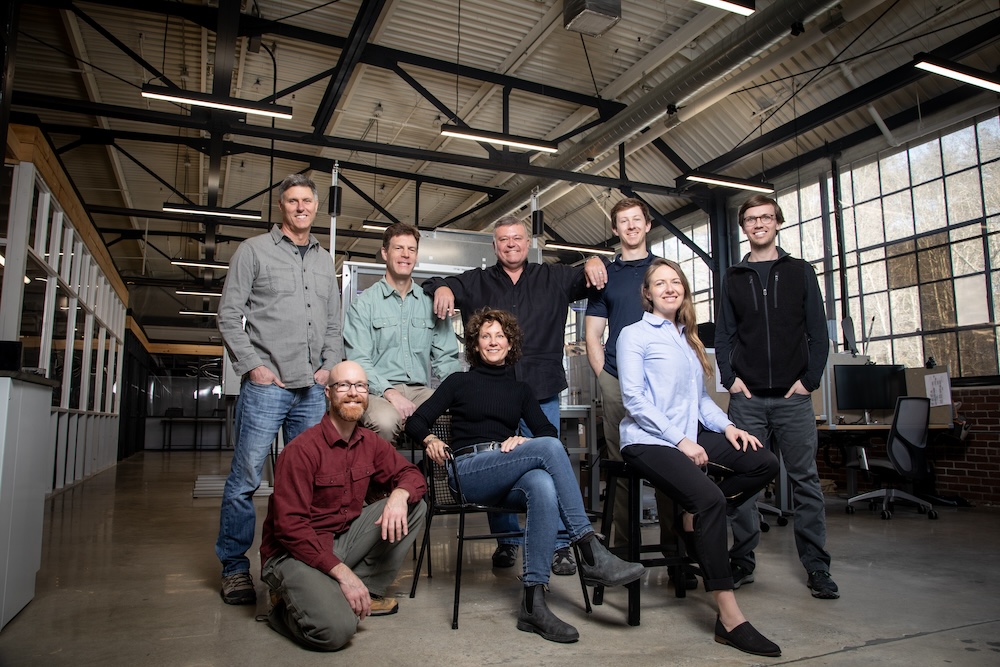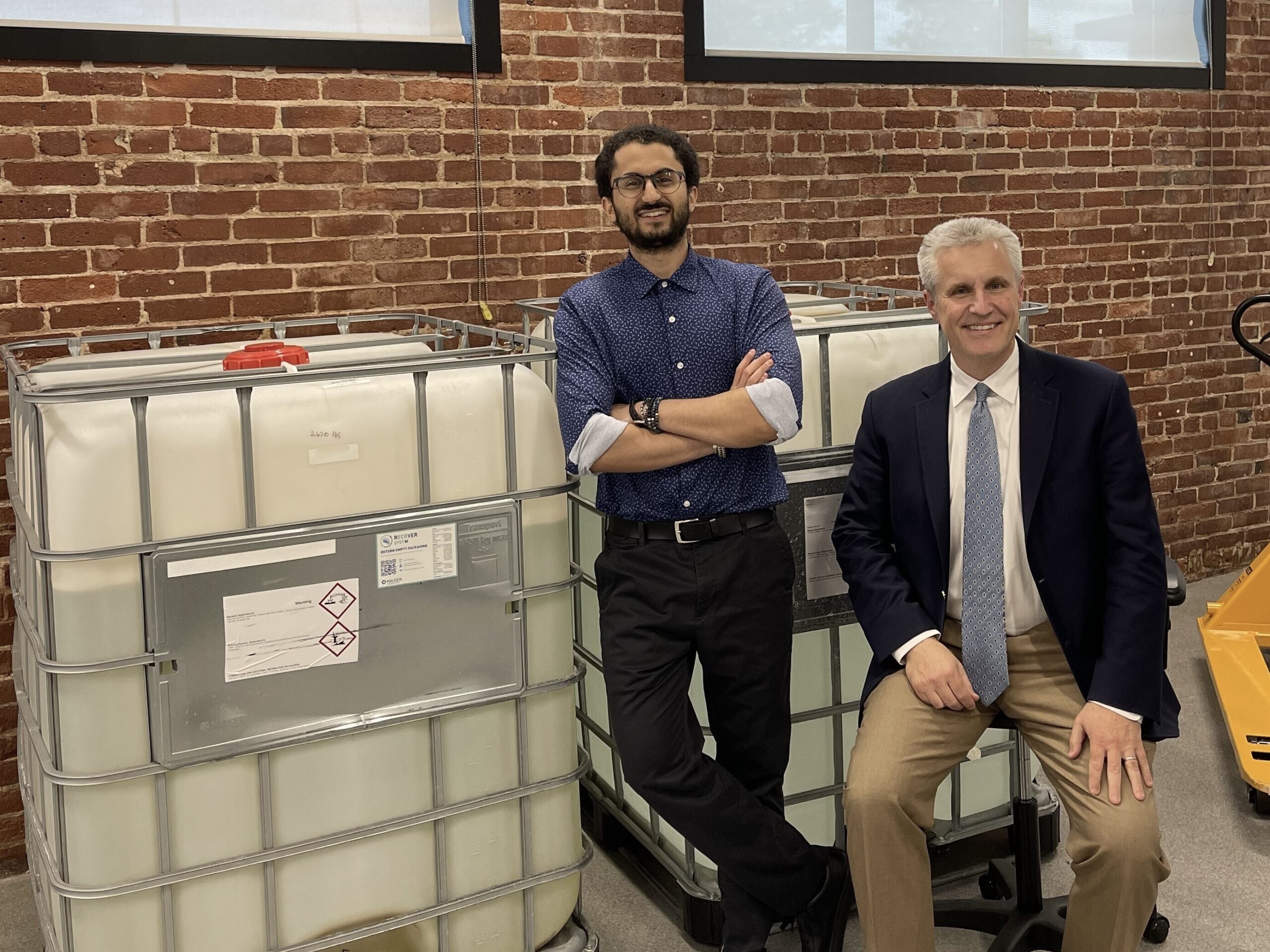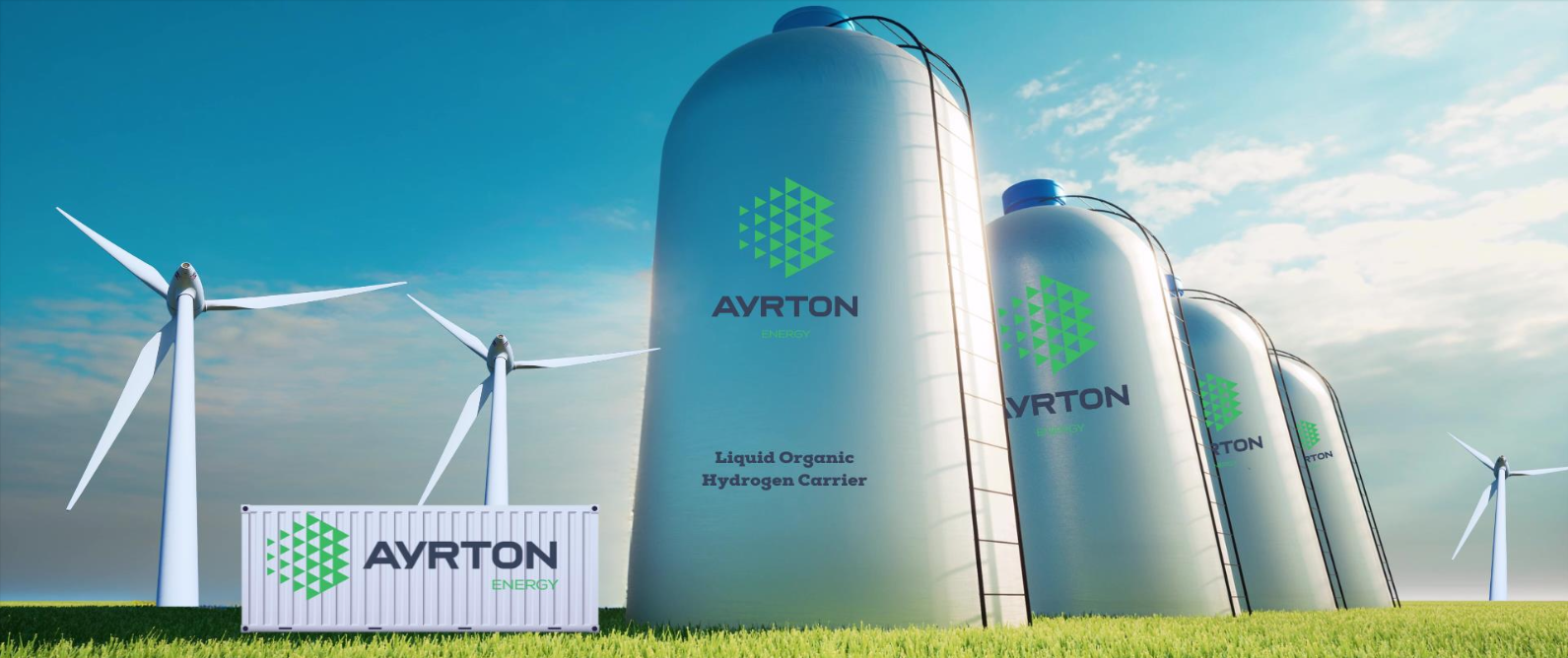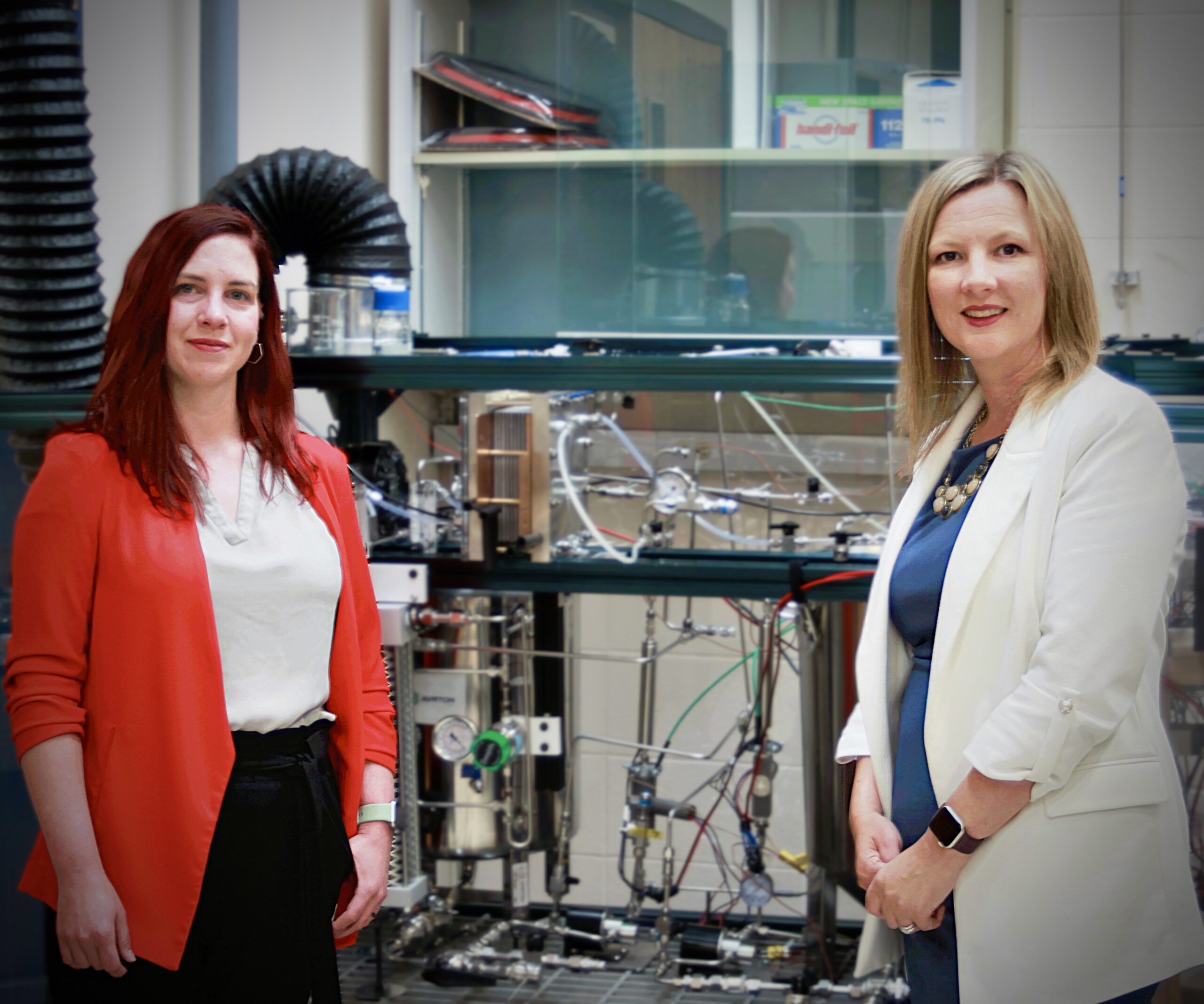PETERBOROUGH, NH, March 26, 2024 – Evari, a developer of pioneering, next-generation heat pump turbocompressors, announced today a $7.5 million seed financing to commercialize a radically green design for the electrification of consumer and industrial heating and cooling systems. Led by Clean Energy Ventures, with participation from Clean Energy Venture Group (CEVG) angel investors and Farvatn Venture, the funding will enable Evari to grow its team and scale-up its manufacturing capabilities.

Heat pump compressors are invisible yet indispensable technology components, playing a key role in countless applications from electric vehicles, to residential and commercial refrigeration, heating, and more. Today, refrigeration compressors alone consume 20 percent of global electricity, and by 2050, cooling demand is expected to more than triple – consuming as much electricity as all of China and India today.
Current mainstream compressor technology – small and low-cost scroll compressors – have led to frequent use of vapor compression, an energy-intensive approach that requires polluting liquid refrigerants. At the high end of the market, turbocompressors have long provided strong performance value, but until now have been too expensive to displace scroll compressors broadly.

Evari’s supersonic, pocket-sized, turbocompressors and cleantech manufacturing processes make the company’s design up to 50 percent more energy efficient and lower-cost to manufacture than today’s market options. The result is a monumental leap forward: next-generation heat pump performance at mass-market price points.
“This technology represents a major leap forward in the design and precision manufacturing efficiency of affordable compressors. While turbocompressors have historically been reserved for high-cost applications, Evari makes them possible everywhere,” said Temple Fennell, Co-founder and Managing Partner at Clean Energy Ventures. “Led by a team of highly experienced engineers, Evari has innovated a novel alternative that can cut gigatons of carbon emissions in the coming years by improving efficiency, eliminating polluting refrigerants, and advancing the electrification era.”
Evari’s cutting-edge approach leverages a technology platform tested and proven on high-profile NASA missions. For today’s heat pump customers, design for demanding outer space specifications translates to exceptional performance on earth: no temperature limits; oil-free, nearly silent, and no-vibration operation; with reliability metrics that slash maintenance costs and extend the life of equipment assets.
“Our team has a history of tackling intractable engineering problems and delivering results. What we’ve developed at Evari is revolutionary: this tiny, palm-of-your-hand-sized compressor will help lead the globe into a greener era,” said Evari CEO Steve Walker. “As we enter our next stage of rapid growth, our team is grateful to have the support of mission-driven investors and scale-up experts who can guide our go-to-market strategies.”
Over the last 12 months, the company has doubled in size and is now driving the buildout of its micro-machining manufacturing processes. As part of the financing, Chris Kmetz, a longtime leader in turbomachinery and engineering at Carrier, has agreed to join as an independent board member. John Santoleri, veteran early-stage climate investor and Venture Partner for Clean Energy Ventures, will also join Evari’s board.
###
About EvariEvari, formerly known as MTT, is developing next-generation miniature, oil-free turbocompressors for heating and cooling applications to aid in the global energy transition and catalyze the decarbonization of many industries. Based in a historical mill building that’s powered by renewable energy, Evari is an audacious team with an unwavering determination to mitigate 2.5 gigatons of CO2e by 2050. Learn more at evarithermal.com.




